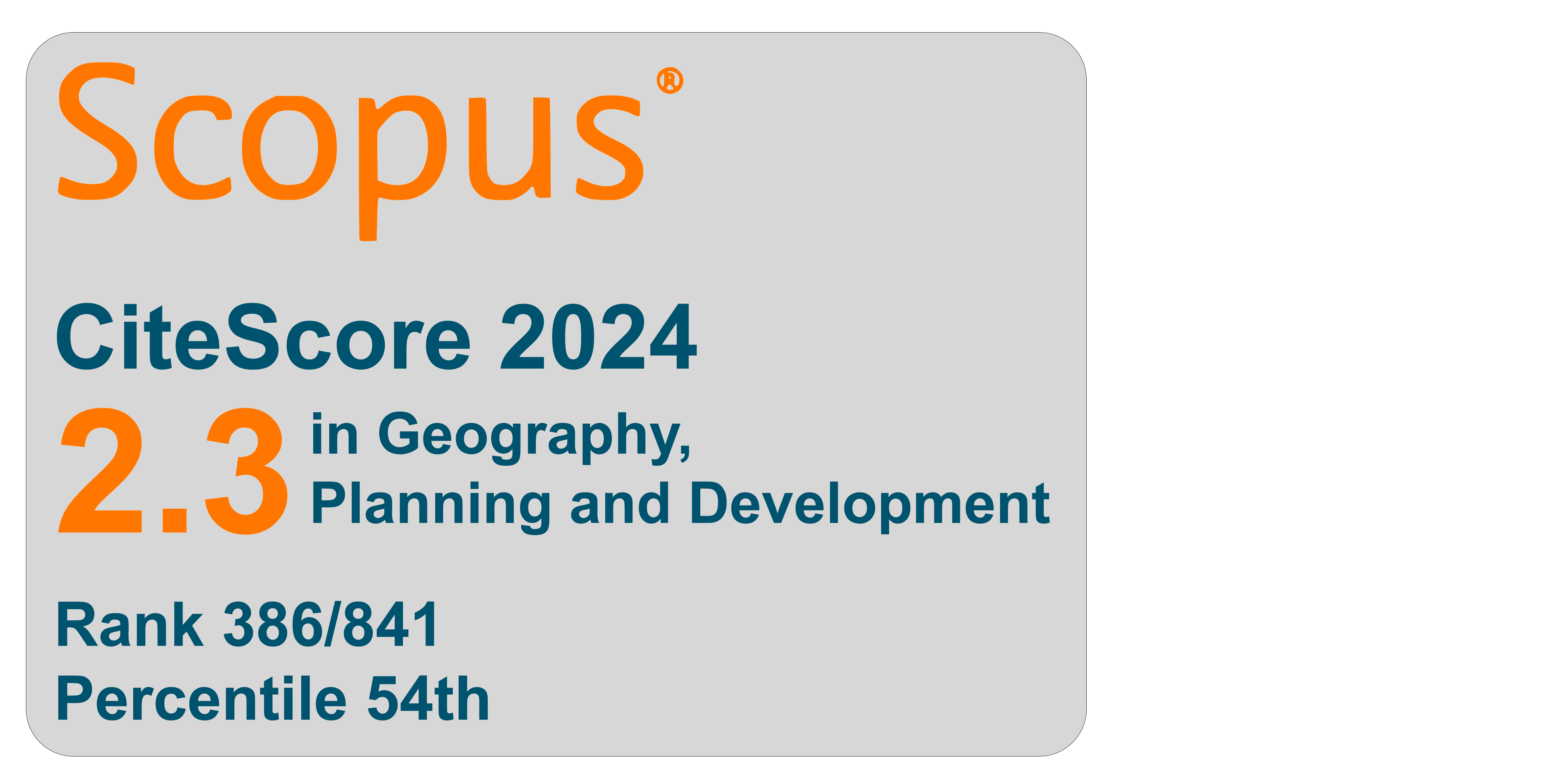The interventions of the Italian Recovery and Resilience Plan: tourism for more competitive cities
DOI:
https://doi.org/10.6093/1970-9870/9414Keywords:
Italian Recovery and Resilience Plan, Tourism, Digitalization, Competitiveness, CitiesAbstract
Starting from the relationship between urban planning and mobility management, TeMA has gradually expanded the view of the covered topics, always following a rigorous scientific in-depth analysis. This section of the Journal, Review Notes, is the expression of a continuous updating of emerging topics concerning relationships among urban planning, mobility and environment, through a collection of short scientific papers. The Review Notes are made of five parts. Each section examines a specific aspect of the broader information storage within the main interests of TeMA Journal.
This section of the Review Notes explores a specific topic, related to cities, within the framework of the European program NextGenerationEU.
This contribution deepens the topic of tourism in urban areas within the framework of the Italian National Recovery and Resilience Plan. It provides an overview of the proposed reforms, strategies and interventions to improve the digitalization of tourism services, the cultural development and the improvement of attractiveness and competitiveness of Italian cities.
Downloads
Downloads
Published
How to Cite
Issue
Section
License
Copyright (c) 2022 Sabrina Sgambati

This work is licensed under a Creative Commons Attribution-NonCommercial 4.0 International License.



